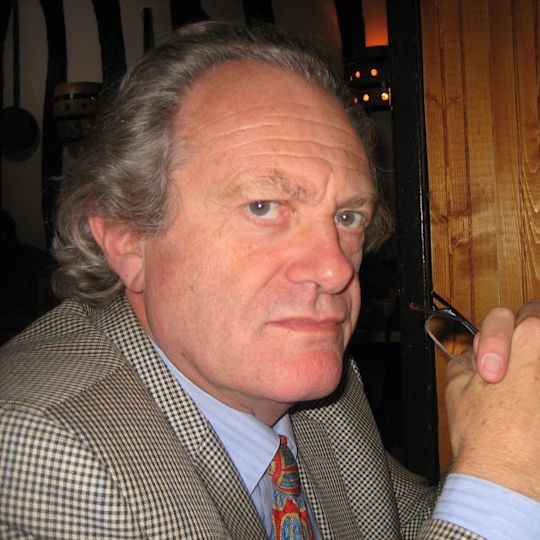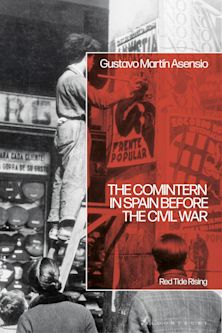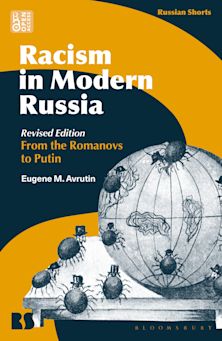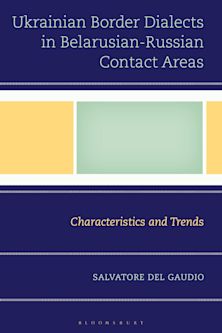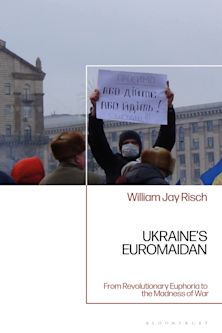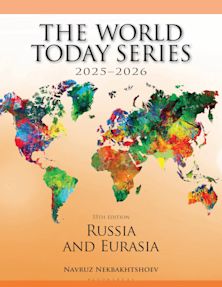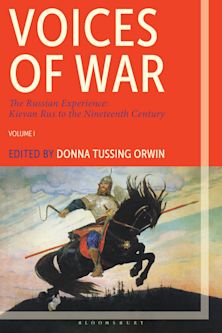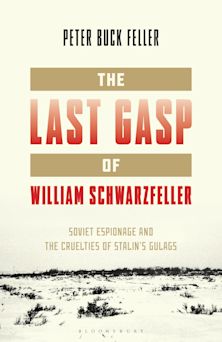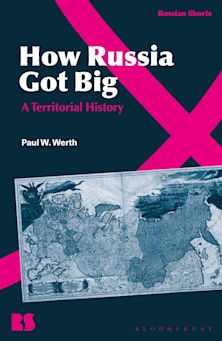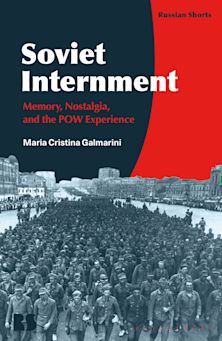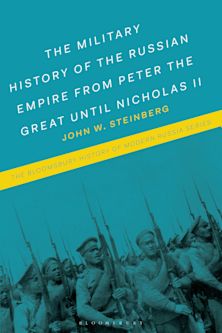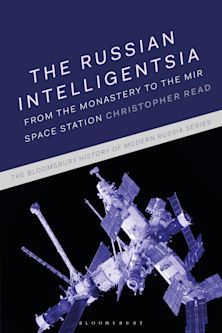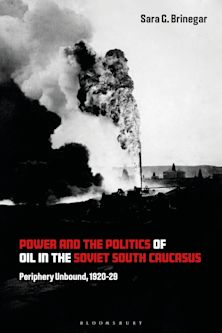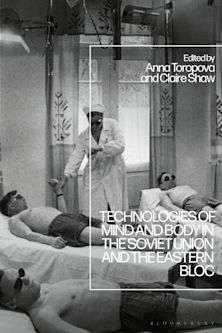- Home
- ACADEMIC
- History
- Russian History
- Religion in the Post-Yugoslav Context
Religion in the Post-Yugoslav Context
Branislav Radeljic (Anthology Editor) , Martina Topic (Anthology Editor) , Dino Abazovic (Contributor) , Isa Blumi (Contributor) , Ružica Cacanoska (Contributor) , Raymond Detrez (Contributor) , Sergej Flere (Contributor) , Angela Ilic (Contributor) , Danilo Jesenik (Contributor) , Miran Lavric (Contributor) , Paul Mojzes (Contributor) , Kenneth Morrison (Contributor) , Marko Nikolic (Contributor) , Branislav Radeljic (Contributor) , Martina Topic (Contributor) , Aleksander Zdravkovski (Contributor)
Religion in the Post-Yugoslav Context
Branislav Radeljic (Anthology Editor) , Martina Topic (Anthology Editor) , Dino Abazovic (Contributor) , Isa Blumi (Contributor) , Ružica Cacanoska (Contributor) , Raymond Detrez (Contributor) , Sergej Flere (Contributor) , Angela Ilic (Contributor) , Danilo Jesenik (Contributor) , Miran Lavric (Contributor) , Paul Mojzes (Contributor) , Kenneth Morrison (Contributor) , Marko Nikolic (Contributor) , Branislav Radeljic (Contributor) , Martina Topic (Contributor) , Aleksander Zdravkovski (Contributor)
This product is usually dispatched within 1 week
- Delivery and returns info
-
Free CA delivery on orders $40 or over
You must sign in to add this item to your wishlist. Please sign in or create an account
Description
Religion in the Post-Yugoslav Context brings together a diverse group of scholars, each of them specializing in the role of religion in one of the Yugoslav successor states. In addition to providing the readership with the understanding of both the general context (religion during the disintegration of the Yugoslav state) as well as more specific aspects (individual post-Yugoslav states), this rich collection complements the existing research in the fields of religious studies and political science. It represents an important source for scholars and students interested in the post-Yugoslav dynamic. Moreover, this kind of analysis is of major relevance for state and non-state actors involved in promotion of religious tolerance.
Table of Contents
Chapter 1: Religion and the Yugoslav Wars (1991–1999), Paul Mojzes
Chapter 2: Religion in the Yugoslav Successor States at the Beginning of the 21st Century, Raymond Detrez
Chapter 3: Church-State Relations in Slovenia: Constant Tensions, Sergej Flere, Miran Lavric, and Danilo Jesenik
Chapter 4: Holocaust Denial in Croatian Catholic Church, Martina Topic
Chapter 5: Religion and Politics in Bosnia and Herzegovina: Illustrations from the Post-War and Post-Socialist Transition, Dino Abazovic and Ivan Cvitkovic
Chapter 6: Autocephaly, Log Burning and Legitimacy: The Montenegrin and Serbian Orthodox Churches in Conflict, Kenneth Morrison
Chapter 7: Religious Polarization of Macedonian Modern Society, Ružica Cacanoska
Chapter 8: The Role of Religion in Serbian Society and Politics, Marko Nikolic
Chapter 9: The Transformations of Islam in Kosovo and its Impact on Albanian Politics, Isa Blumi
Chapter 10: Islamic Doctrine and European Values: The Case of the Islamic Community in Serbia, Aleksander Zdravkovski
Chapter 11: Self-Evident Belonging and Incompatibility of Identities: Public Discourse by Churches in Croatia, Serbia and Slovenia on European Integration (2000–2012), Angela Ilic
Product details
| Published | Jul 01 2015 |
|---|---|
| Format | Hardback |
| Edition | 1st |
| Extent | 282 |
| ISBN | 9781498522472 |
| Imprint | Lexington Books |
| Illustrations | 5 Charts, 13 Tables |
| Dimensions | 236 x 161 mm |
| Publisher | Bloomsbury Publishing |
About the contributors
Reviews
-
Religion in the Post-Yugoslav Context, edited by Branislav Radeljic and Martina Topic, presents a study of something called ‘the post-Yugoslav context,’ which most of the local population is probably unaware of, since Yugoslavia has been forgotten by now. While the wars of the 1990s have ended, the postwar is still there and relevant. . . .Among the area studies specialists, the Radeljic-Topic volume will be most serviceable to students of the recent history of former Yugoslavia.
Slavic Review
-
This volume is required reading for scholars engaging with religion in the post-Yugoslav space, as well as anyone trying to understand the political culture of the region. Its fresh perspectives on the contested notions of religion, desecularization, and the nation-state demonstrate the complexity and ambivalence of religion’s role in the post-conflict context of the former Yugoslavia.
Srdjan Sremac, VU University Amsterdam
-
This fine collection is an imperatively needed contribution to Yugoslav studies. Religion in the Post-Yugoslav Context does fill a badly felt gap in the field of the Yugoslav wars. By carefully assessing the role of religion, the authors demonstrate that religious issues formed the context rather than the reason for the breakup of Yugoslavia and the outbreak of the wars. But they do not downplay religion's role, and the distinct, well written and informative essays remind us of the fragility and diversity of the (post-) Yugoslav mosaic.
Alexander Korb, University of Leicester












